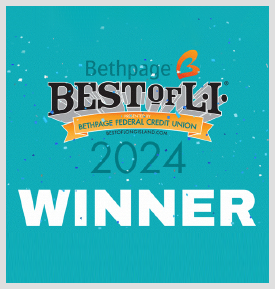Healthcare News
Why uncertainty makes us change our behavioreven when we shouldn`t
People around the world dramatically changed their shopping behaviours at the start of the COVID-19 pandemic.
When stressed, people are quicker to jump to the worst conclusion
When feeling stressed people are more likely to jump to more undesirable conclusions based on little evidence, a new study concludes.
Scientists tie improved learning processes to reduced symptoms of depression
Virginia Tech scientists with the Fralin Biomedical Research Institute at VTC have identified neural learning processes to be associated with symptoms of depression and linked improvements in these processes to improved symptoms in research participants being treated for depression.
Largest study to date suggests link between COVID-19 infection and subsequent mental health and neurological conditions
Since the COVID-19 pandemic began, there has been growing concern that survivors might be at increased risk of neurological disorders. A previous observational study by the same research group reported that COVID-19 survivors are at increased risk of mood and anxiety disorders in the first three months after infection.
Why do some sources call ADHD a mental illness?
Attention deficit hyperactivity disorder (ADHD) is a common mental health condition. While people may use different terms for ADHD, technically it does fall into the broad category of “mental illness.” Knowing more about ADHD and the terms used in mental healthcare can provide more context for the usage of various terms.










